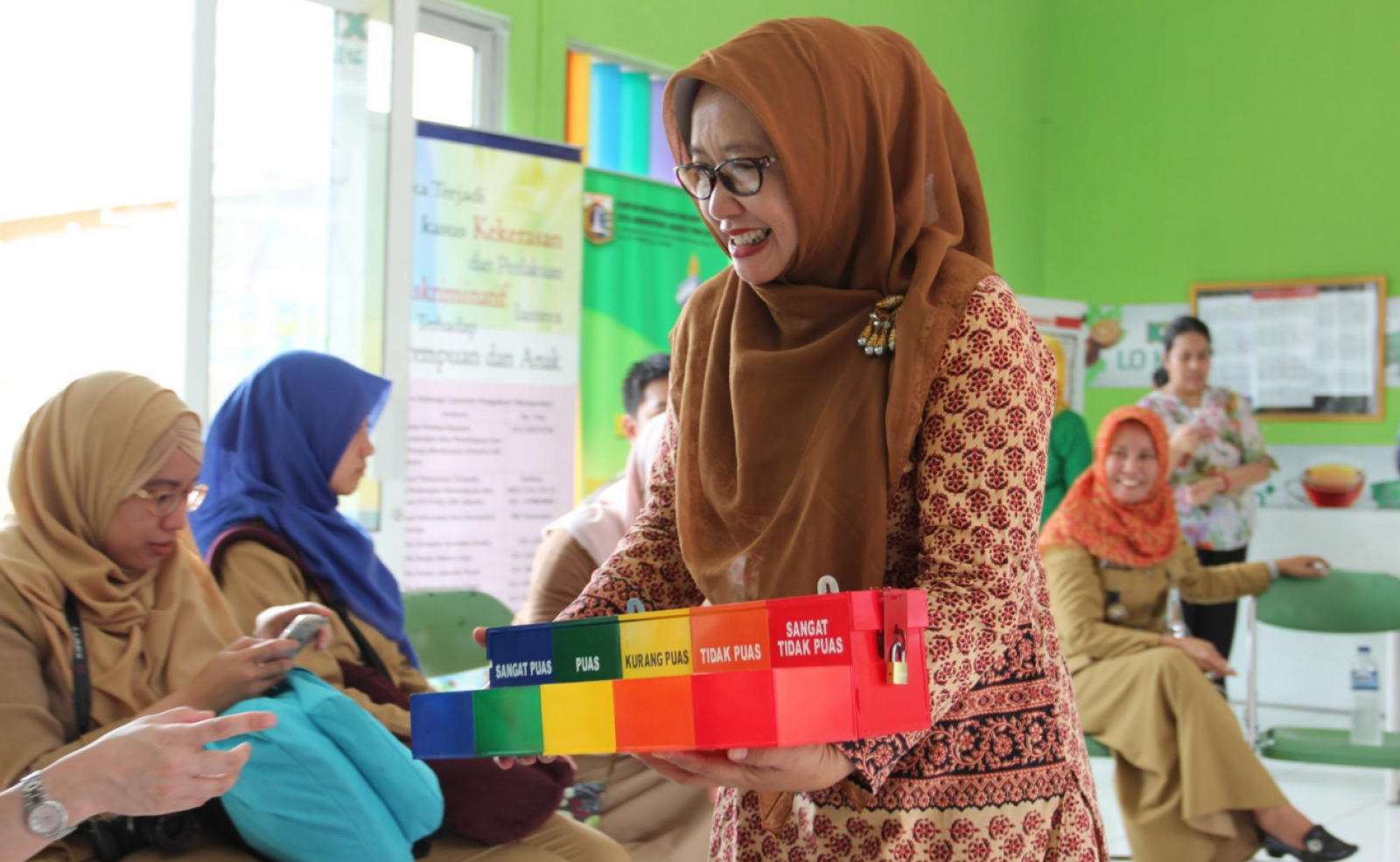
Updated April 2023
Local and regional governments are often the closest and most visible to the people, with substantial responsibility to manage public affairs, provide vital services, and directly affect quality of life. Local and regional governments are better placed than central governments to understand and respond to local needs and opportunities.
Local and regional democracies can make more responsive policy decisions, allocate resources more effectively, and be held accountable by voters and residents. They can also act as ‘laboratories’ for policy innovations that may be adopted elsewhere. Further, they present more opportunities for historically marginalized groups, such as women, to engage in public life because more public office and civil service positions are available, and because barriers to entry are often lower at local and regional levels (though social and cultural barriers often persist). For similar reasons, it is also often easier for individuals, identity groups and civil society to engage locally.
However, localization can also result in fragmented policies and inefficient service delivery, particularly where responsibilities outpace technical, financial or administrative capacities. There are also risks that local and regional governments may be captured, creating oligarchies or autocracy, and that localized decision-making will open new opportunities for corruption. Local governments are also not immune from the global trend of democratic backsliding.
NDI’s Local and Regional Governance (LaRG) team supports subnational government institutions and leadership around the world to promote effective, inclusive, responsive and accountable governance. In working with local and regional governments, the Institute applies an evidence-based and comprehensive approach, linking with and learning from other programs that support, for example, legal and regulatory reforms, strengthening political parties, and increasing citizen participation at all levels of government.
Transparent and Responsive Local and Regional Governance:
In partnership with OGP Local, NDI-LaRG collaborates with local governments and community-based organizations and activists to facilitate more inclusive and participatory co-creation processes that result in specific, locally-relevant commitments and action plans to advance government inclusion, transparency, and responsiveness. As part of the wider OGP network, NDI connects participating governments to exchange experiences and best practices. Learning from this, the Institute develops knowledge products, such as the recent report on comparative lessons learned and recommendations from projects with local governments in Tunisia and Morocco.
Additionally, in 2023, drawing on lessons learned over a decade of working with local governments in Moldova and elsewhere, NDI is developing guidance and scaling up and out models to support local and regional governments to design and implement iterative feedback mechanisms with constituents. Feedback loops around public priorities can improve public trust and engagement, enhance government performance and accountability, strengthen service delivery, and foster openness.
Inclusive Local and Regional Governance:
NDI-LaRG also supports knowledge development and program activities for inclusive governance processes at the local and regional levels. For example, the Women, Resilience and Democratic Delivery during COVID program facilitates research and training with women’s associations and local governments to strengthen communities’ democratic resilience to shock events.
The Institute also supports gender intentional local and regional governance, wherein local leaders make the proactive decision to apply a gender lens to identify and understand gender-based inequalities, constraints and inequitable norms and dynamics, and then take steps to address them in an inclusive and consultative way. As part of this, NDI has developed a Local Government Gender Assessment and Action Planning (LGGAAP) Implementation Guide in coordination with the Open Government Partnership.
Additionally, NDI has developed a guidebook on youth consultative mechanisms at the local level, Promoting Youth Voices in Local Decision-Making: Global Youth Council Guide, in partnership with ICMA and Restless Development. It includes case studies from youth programming around the world and was developed for youth, youth development practitioners and elected officials seeking to engage with youth.
Local and Regional Environmental Governance:
NDI is piloting programs to enhance the capacity of local and regional governments to develop inclusive, participatory planning and transparent reporting processes to support the implementation of local climate adaptation and mitigation activities. Support focuses on equipping local and regional self-government partners with a roadmap to identify and address capacity needs, respond to community concerns, and improve coordination with other levels of government while bolstering local resilience to the impacts of climate change and environmental degradation.
Our Team:
Erin Houlihan, Program Director ([email protected]) joined NDI in 2023, supporting the Institute’s country programs on issues of accountable, participatory and inclusive governance at the local and regional level. Erin formerly served with International IDEA’s Constitution-Building Program in The Hague where her research and advising work focused on democracy and conflict transitions globally. Prior to this, she served for a decade in a variety of senior advisor roles with country-based rule of law, human rights and governance assistance programs.
Cole Speidel, Program Manager ([email protected]) joined NDI in 2017 as desk officer for NDI-Georgia before joining NDI’s Democratic Governance team in 2022. He develops, manages, and assesses NDI programs that aim to develop local and regional government responsiveness, openness, and capacity, identifying and sharing best practices within NDI and externally.